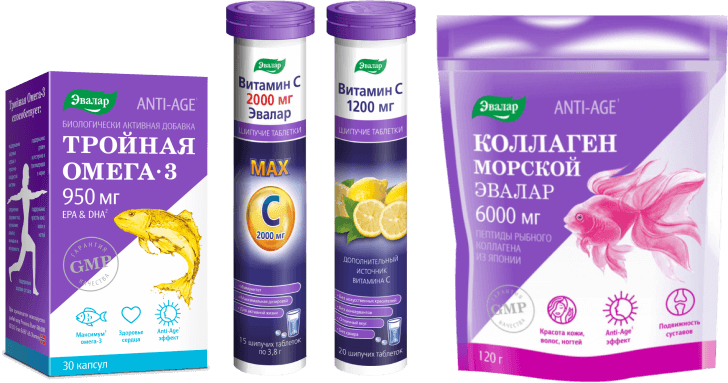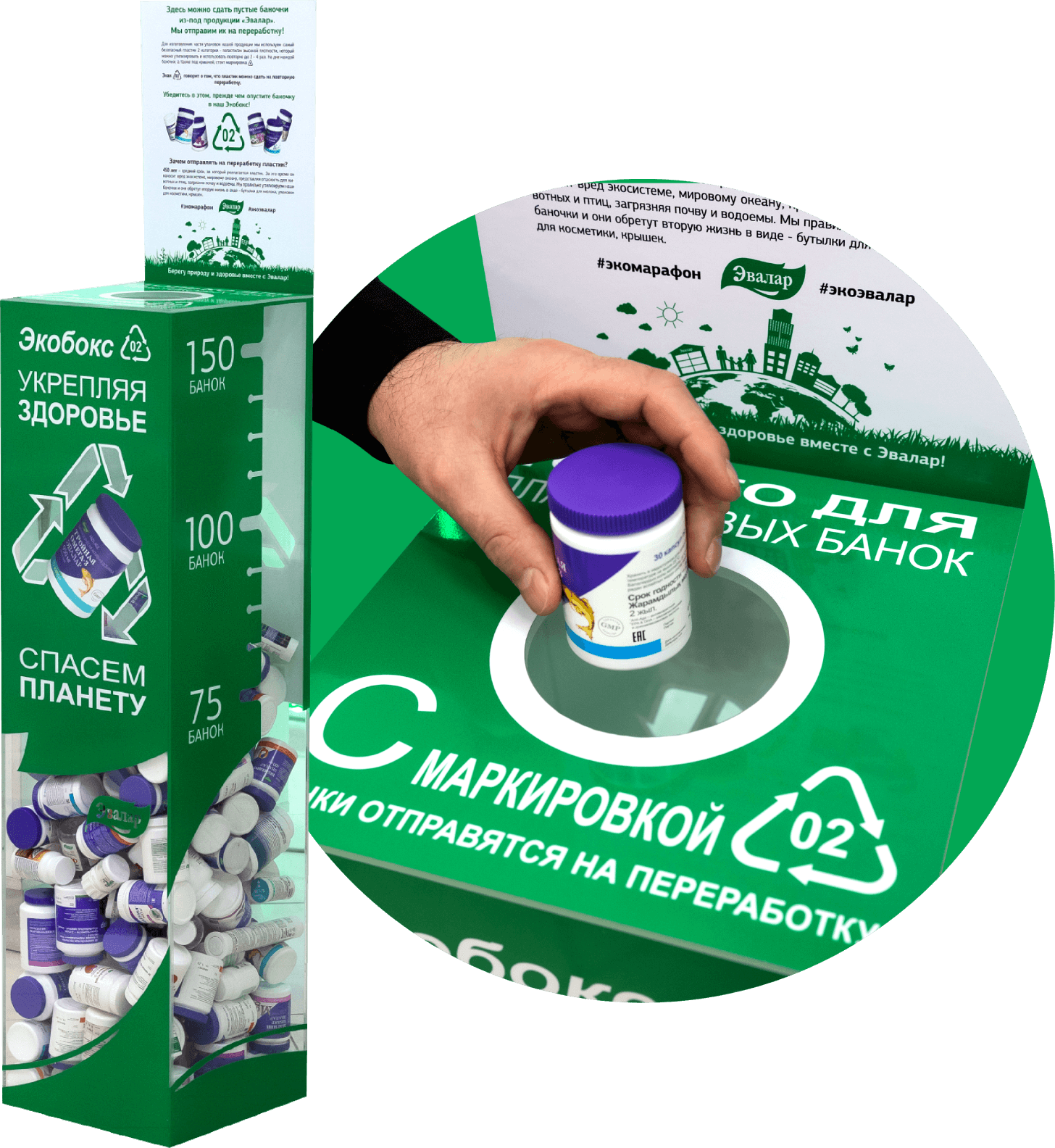
According to Euromonitor, the Russian company Evalar is the leader in sales volume of multicomponent dietary supplements among companies in Eastern Europe, Russia and CIS countries
Source: Euromonitor International Limited; Consumer Health Category; Retail Value RSP; Company Data - Global, Historical Owner; 2021.











